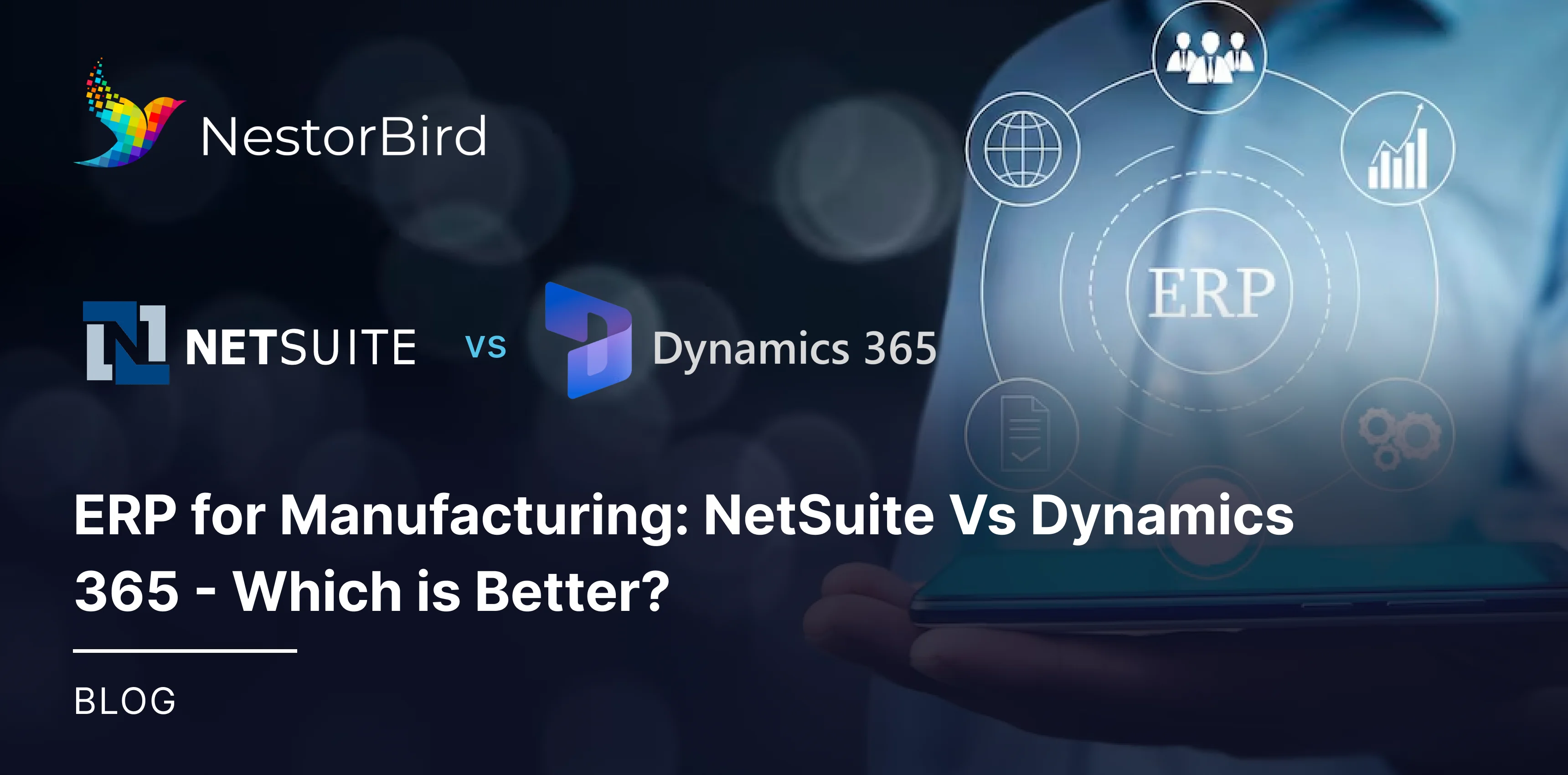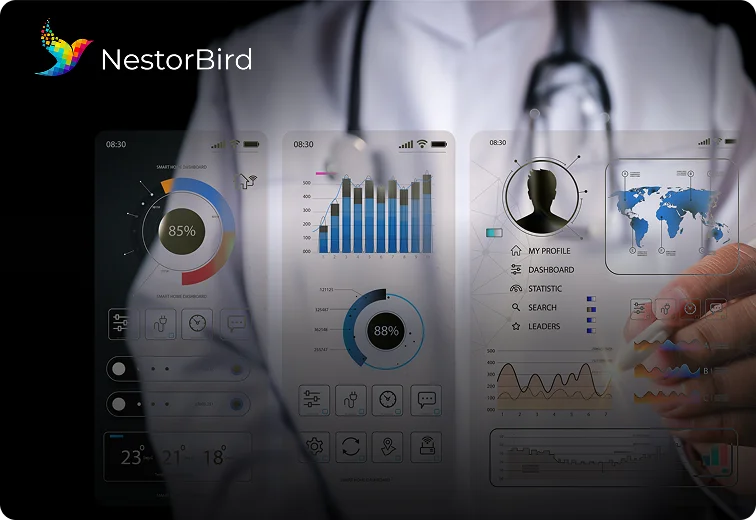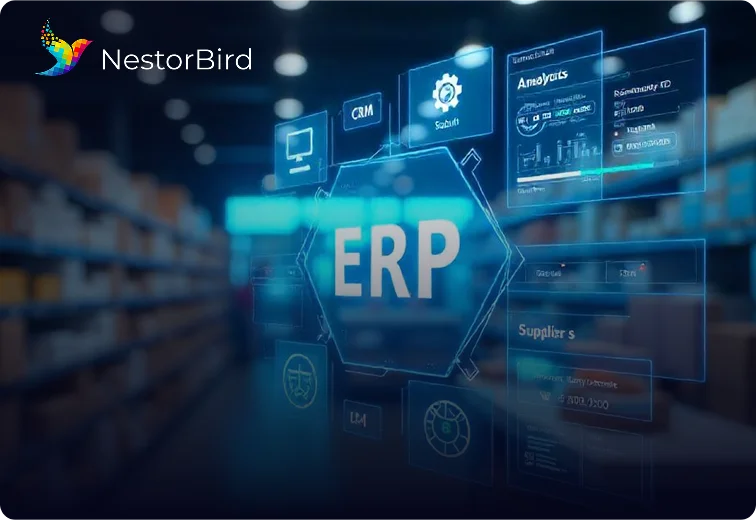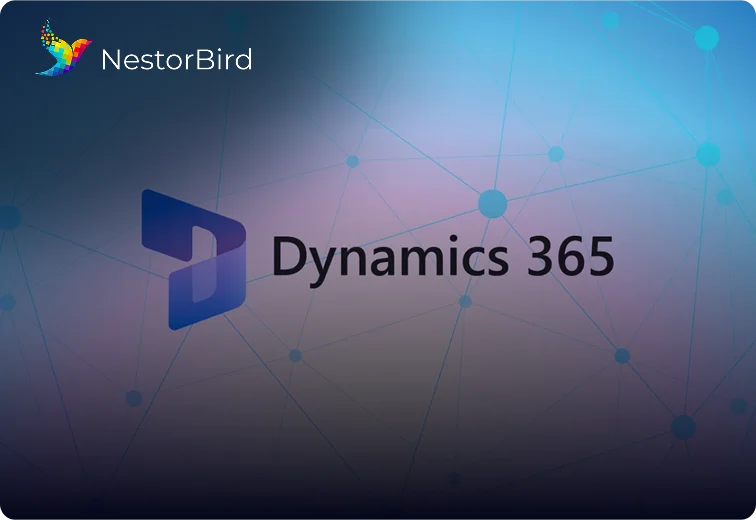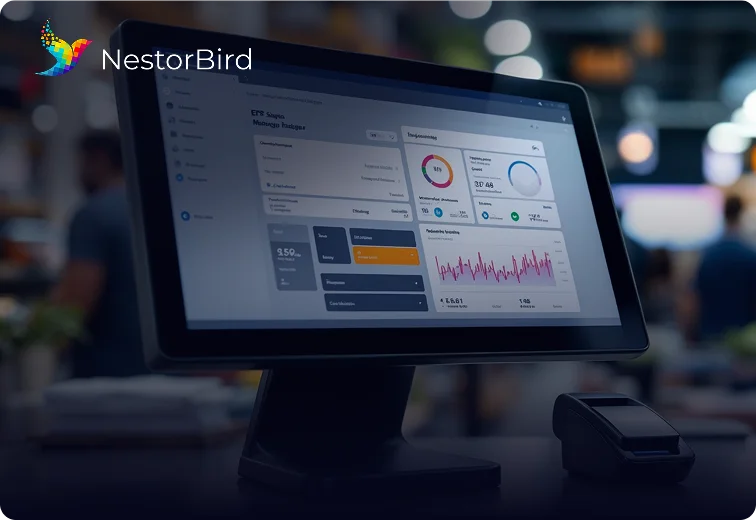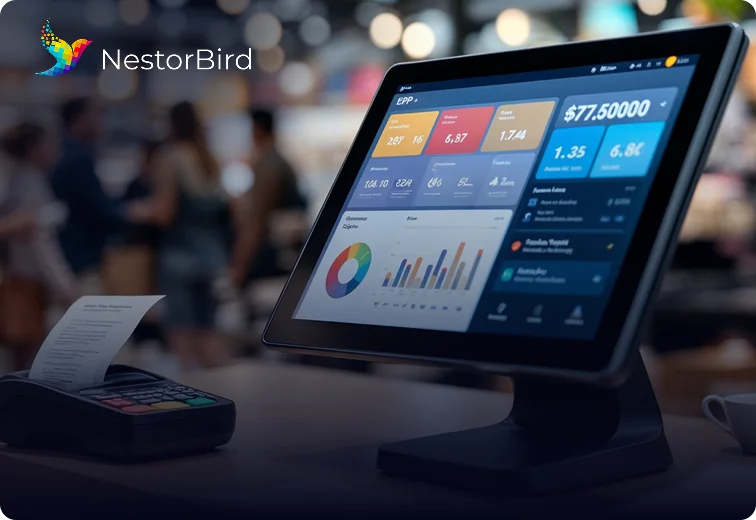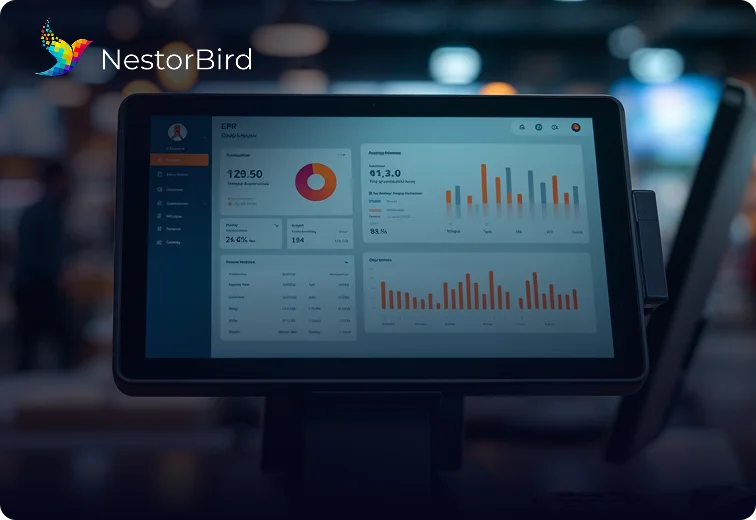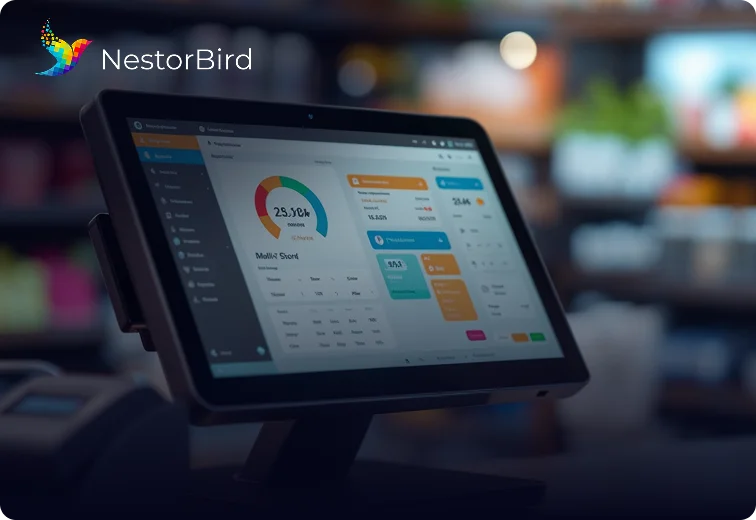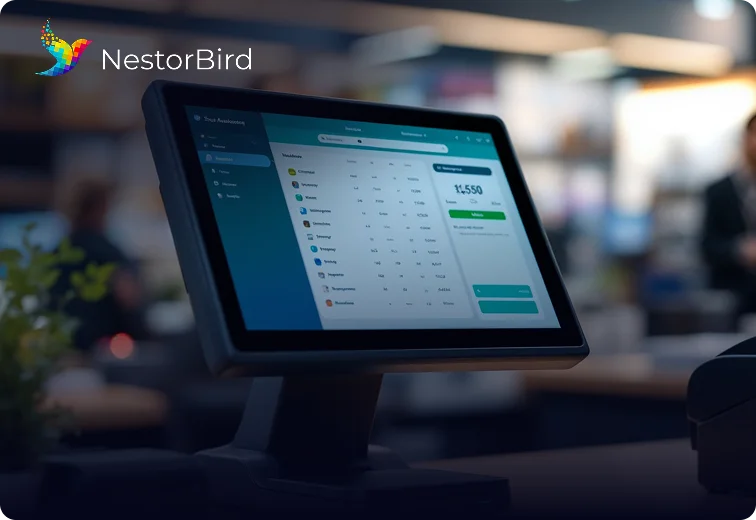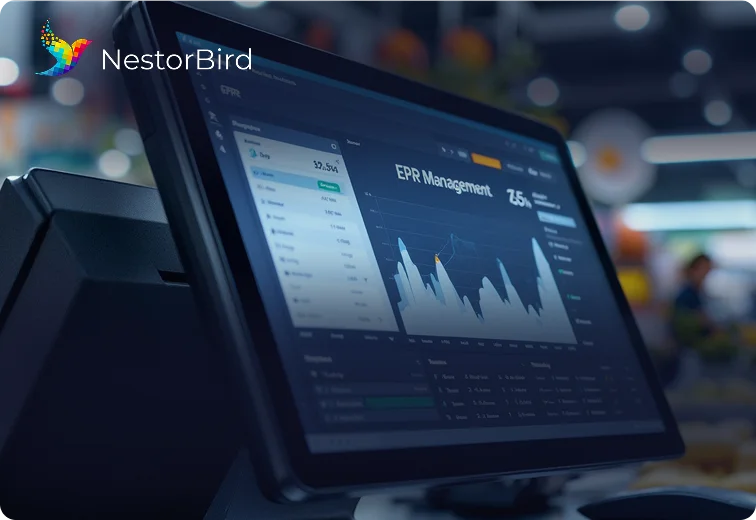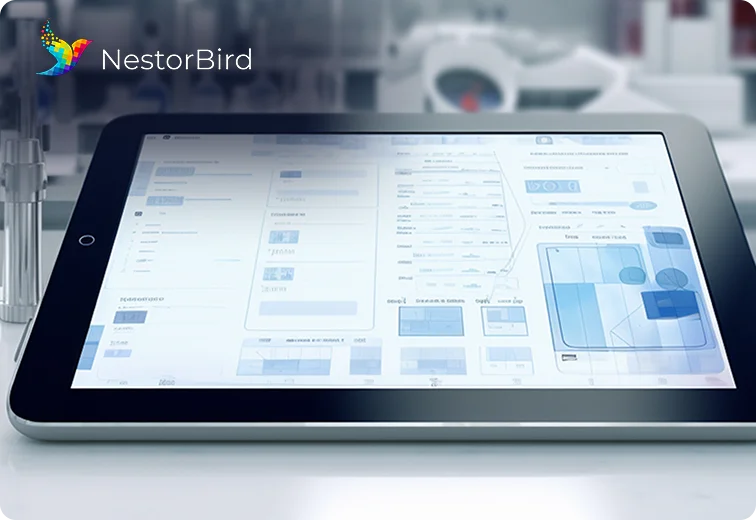Quick Summary
Choosing the best ERP for manufacturing is crucial for operational efficiency. This blog compares NetSuite and Dynamics 365, highlighting features, pricing, and suitability for your business.
Table Of Contents
Introduction
In the manufacturing industry, efficiency, precision, and scalability are non-negotiable. Investing in a robust ERP for manufacturing can revolutionize operations, streamline workflows, and enhance productivity. Two leading players in the manufacturing ERP market are NetSuite and Microsoft Dynamics 365. This blog explores their key features, pricing, pros, and cons to help you decide which ERP system best suits your manufacturing needs.
Key Takeaways
NetSuite and Dynamics 365 are both leading ERP systems for manufacturing with unique strengths.
NetSuite offers better scalability and comprehensive manufacturing modules.
Dynamics 365 excels in AI insights and Microsoft integrations.
Pricing varies—NetSuite’s higher cost suits large enterprises, while Dynamics 365 offers flexibility.
Assess your specific business needs to choose the best ERP for your manufacturing operations.
Overview of NetSuite and Dynamics 365
NetSuite
NetSuite is a cloud-based ERP system for manufacturing companies, offering a unified platform for managing finance, inventory, production, and customer relations. Known for its scalability, it’s ideal for mid-sized to large enterprises aiming to streamline complex workflows.
Microsoft Dynamics 365
Dynamics 365 is a comprehensive suite combining ERP and CRM functionalities. It’s tailored for manufacturers seeking to enhance operations with seamless integrations, advanced analytics, and AI-driven insights.
Key Features Comparison
NetSuite Features
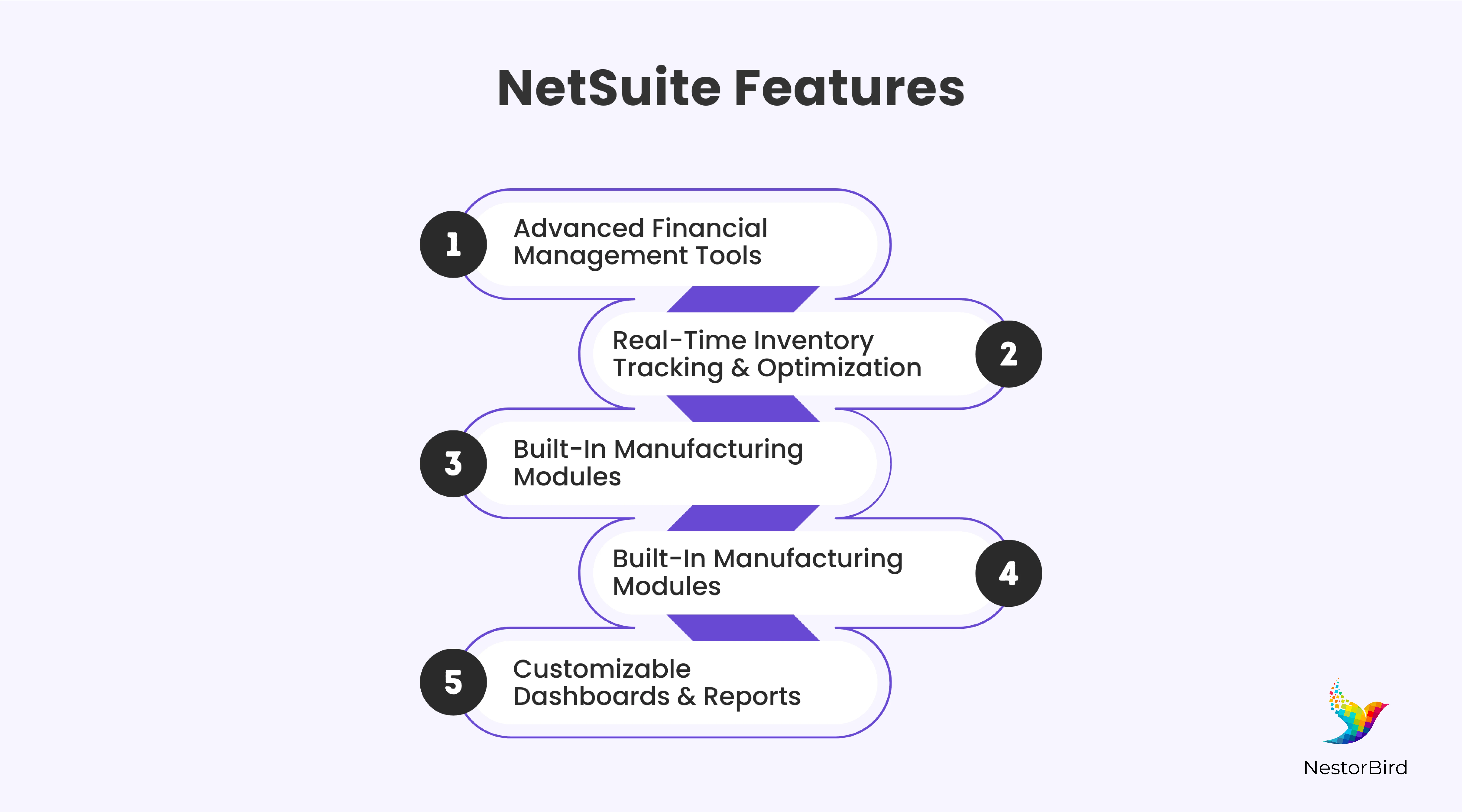
Advanced Financial Management Tools: NetSuite offers robust tools for handling finances, including budgeting, expense tracking, and financial reporting, ensuring precise management of resources.
Real-Time Inventory Tracking and Optimization: Gain complete visibility into inventory levels and movements, helping reduce stockouts and overstocking while improving overall supply chain efficiency.
Built-In Manufacturing Modules: Features like production scheduling and Bills of Materials (BOM) management streamline manufacturing operations, ensuring seamless workflows.
Global Compliance Support: NetSuite supports compliance with international regulations, making it ideal for businesses operating in multiple regions.
Customizable Dashboards and Reports: Tailor dashboards and analytics to suit specific business needs, enabling informed decision-making and real-time performance tracking.
Dynamics 365 Features
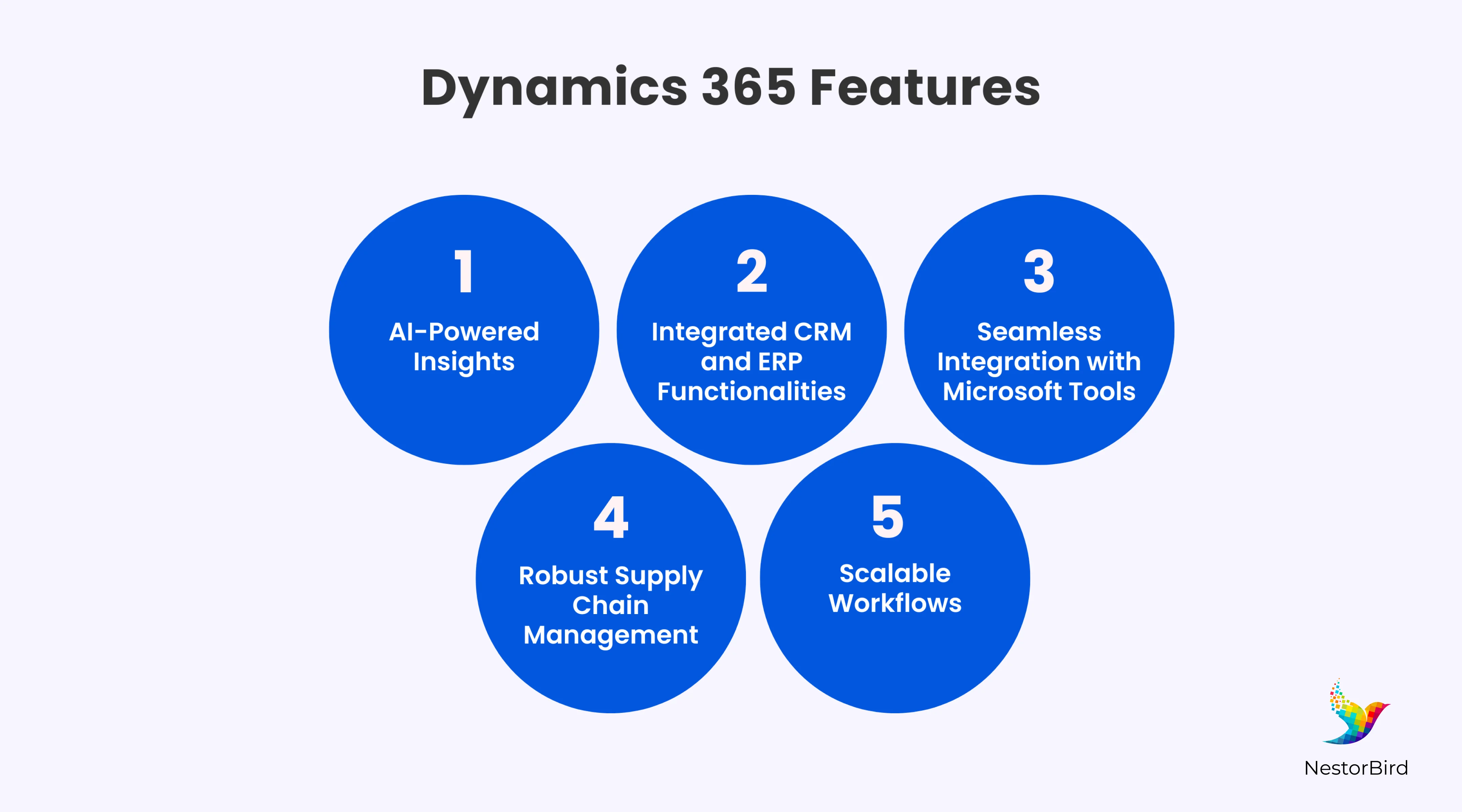
AI-Powered Insights: Leverage artificial intelligence for predictive maintenance, demand forecasting, and improved operational efficiency, reducing downtime and costs.
Integrated CRM and ERP Functionalities: Dynamics 365 combines D365 CRM services and ERP tools to provide a unified platform for managing customer relationships and business processes.
Seamless Integration with Microsoft Tools: Benefit from out-of-the-box integration with Microsoft tools like Office 365, Teams, and Azure for enhanced collaboration and productivity.
Robust Supply Chain Management: Efficiently manage your supply chain with advanced tools for inventory tracking, logistics planning, and supplier coordination.
Scalable Workflows: Designed to grow with your business, Dynamics 365 provides flexible workflows that adapt to increasing operational demands.
Pricing and Implementation
NetSuite Pricing
NetSuite offers subscription-based pricing starting from $999/month with an additional $99 per user. Implementation costs vary based on customization needs.
Dynamics 365 Pricing
Dynamics 365 pricing starts at $65/user/month for basic plans and scales up depending on features. Implementation costs depend on integration requirements and company size.
Implementation Considerations
Dynamics 365 pricing starts at $65/user/month for basic plans and scales up depending on features. Implementation costs depend on integration requirements and company size.
NetSuite: Known for quicker implementation but may require significant customization for niche manufacturing needs.
Dynamics 365: Offers robust integrations but has a steeper learning curve due to its extensive features.
Pros and Cons of NetSuite and Dynamics 365
NetSuite
Pros
Highly scalable for growing manufacturers.
Comprehensive manufacturing-specific modules.
Excellent global compliance support.
Cons
Higher upfront costs.
Limited offline functionality.
Dynamics 365
Pros
Seamless integration with Microsoft tools.
Advanced analytics and AI-driven insights.
Flexible pricing tiers for businesses of all sizes.
Cons
Steeper learning curve.
Complex implementation for smaller businesses.
Choosing the Right ERP for Your Manufacturing Business
Selecting the best ERP for manufacturing depends on your business’s size, budget, and specific needs. If scalability and global compliance are priorities, NetSuite is a solid choice. For manufacturers deeply integrated with Microsoft tools or seeking AI-powered analytics, Dynamics 365 stands out. Evaluate your long-term goals, operational complexity, and existing tech ecosystem to make an informed decision.
Conclusion
Both NetSuite and Dynamics 365 are top contenders in the manufacturing ERP software market. While NetSuite excels in scalability and manufacturing-specific features, Dynamics 365 shines with its integration capabilities and AI-driven insights. Assess your business’s unique needs to choose the ERP system that aligns with your goals.
Frequently Asked Questions
NetSuite focuses on scalability and manufacturing modules, while Dynamics 365 offers deep integration with Microsoft tools and AI-powered insights.
Assess your manufacturing needs, budget, and tech stack. NetSuite is ideal for global scalability, while Dynamics 365 is best for Microsoft ecosystem integration.
NetSuite suits large-scale manufacturers, while Dynamics 365 is excellent for businesses leveraging Microsoft’s tools and analytics.


